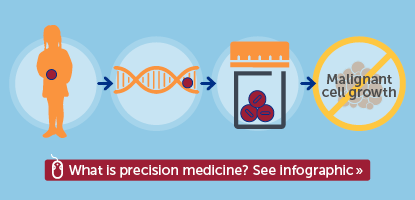Solid Tumor Center

The Childhood Solid Tumor Center at Dana-Farber/Boston Children's treats children and teens with a variety of solid malignancies, from bone and soft-tissue tumors to liver and kidney tumors. Our world-renowned pediatric specialists provide unparalleled expertise in the diagnosis, management, and treatment of solid tumors in children. Our team includes oncologists who are internationally recognized leaders in their clinical fields; surgeons and interventional radiologists who have unparalleled experience in performing highly specialized procedures; and pathologists that provide genetic profiling of solid tumors and use molecular diagnostic testing to identify specific tumor mutations, which can help identify which treatments are more likely to work.
Conditions We Treat
Bone tumors (also called bone sarcomas)
Endocrine tumors
- Adrenal tumors
- Carcinoid tumors
- Carney triad
- Multiple endocrine neoplasia (MEN)
- Neuroendocrine tumors
- Paragangliomas/pheochromocytomas
- Thyroid carcinoma
- Tumors of the pancreas
Germ cell tumors
Kidney (renal) tumors
Liver tumors
Neuroblastoma
- Neuroblastoma
— including relapsed and refractory neuroblastoma
Rare tumors
- Adrenocortical carcinoma
- Melanoma
- Nasopharyngeal carcinoma
- Odontogenic tumors
- Other carcinomas and infrequent tumors
Soft tissue tumors (also called soft tissue sarcomas)
- Soft-tissue sarcomas (overview)
- Alveolar soft-part sarcoma
- Angiosarcoma
- Clear cell sarcoma
- Dermatofibrosarcoma protuberans
- Epithelioid hemangioendothelioma
- Fibrosarcoma
- Hemangiopericytoma
- Juvenile nasopharyngeal angiofibroma (JNA)
- Kaposiform hemangioendothelioma
- Leiomyosarcoma
- Liposarcoma
- Malignant fibrous histiocytoma
- Neurofibrosarcoma
- Rhabdomyosarcoma
- Schwannoma (neurilemoma)
- Spitz tumors
- Synovial sarcoma
Specialized Treatment Programs for Solid Tumors
- Bone and Soft Tissue Tumors Program
- Endocrine-Oncology Program
- Kidney Tumor Program
- Liver Tumor Center
- Neuroblastoma Program
- Ocular Oncology Service
- Pediatric Carcinoma Clinic
- Rare Tumors Program
- Retinoblastoma Program
- Vascular Anomalies Center

 Translate
Translate 
